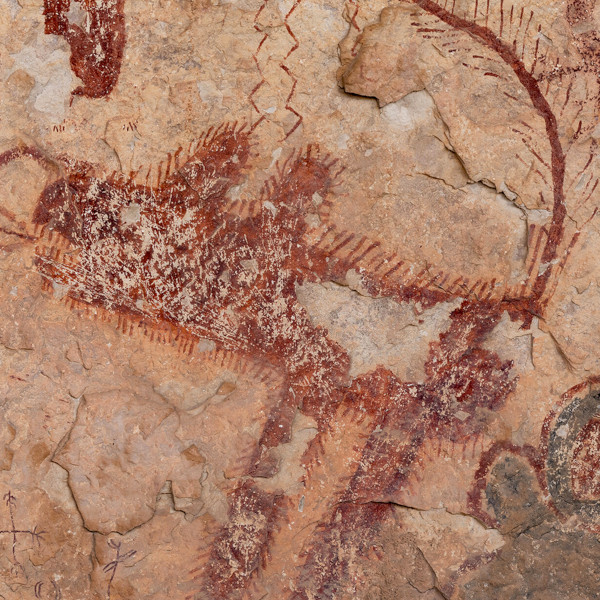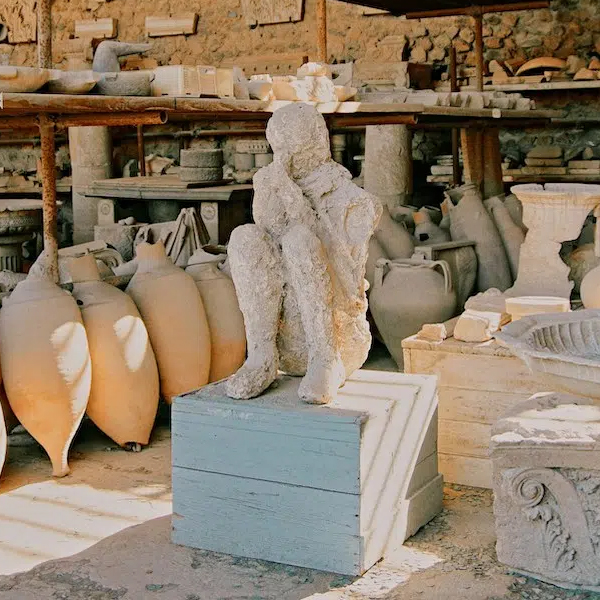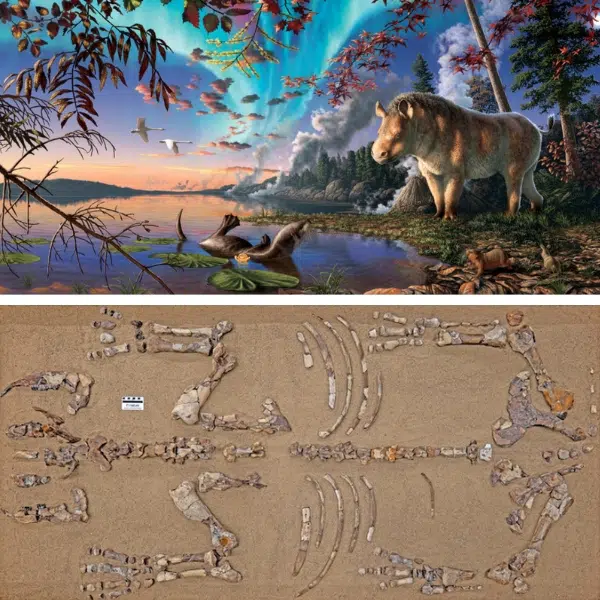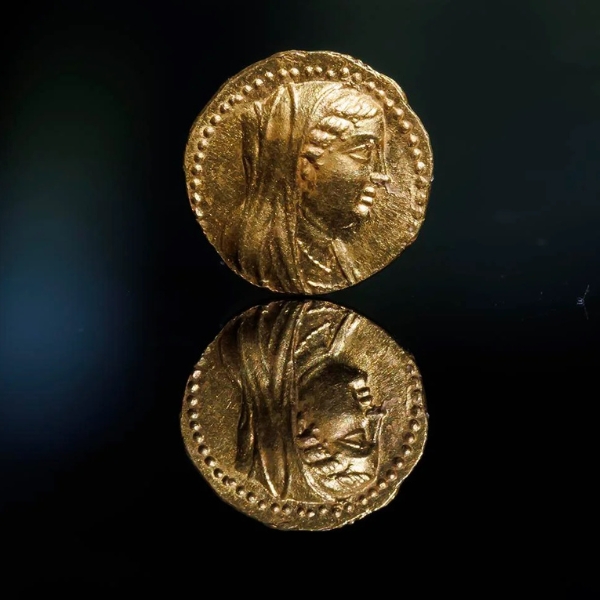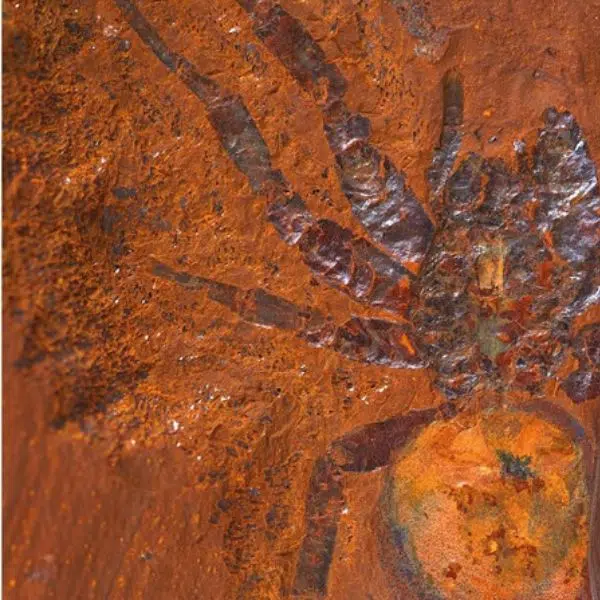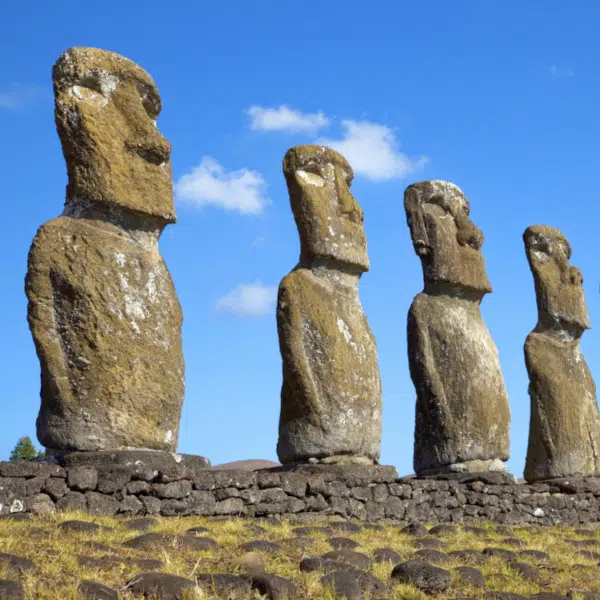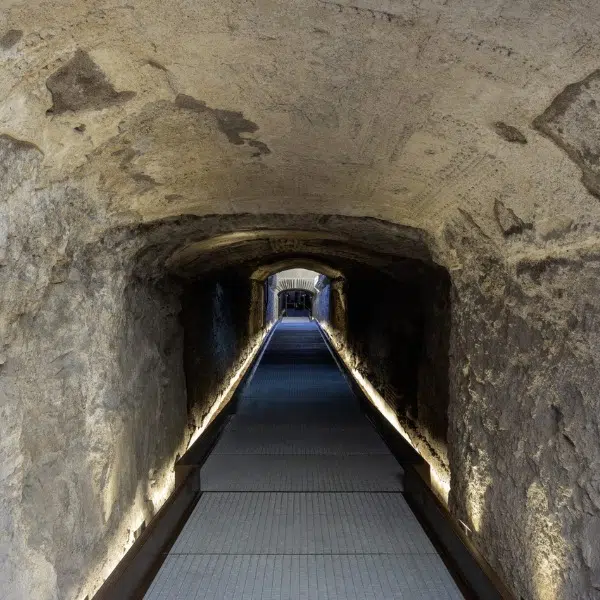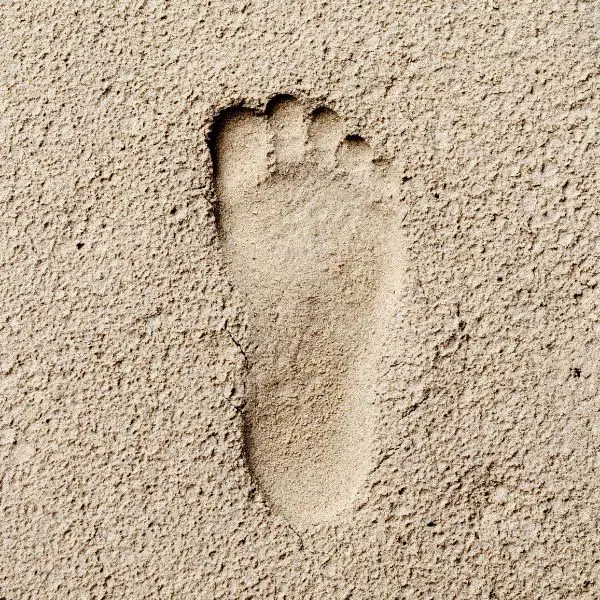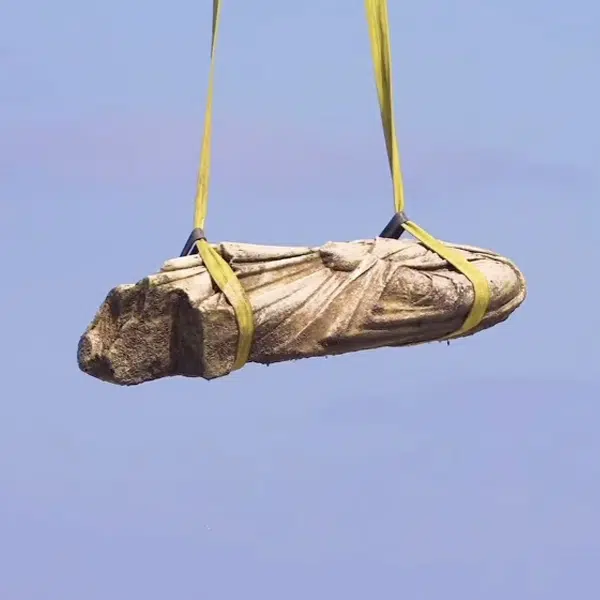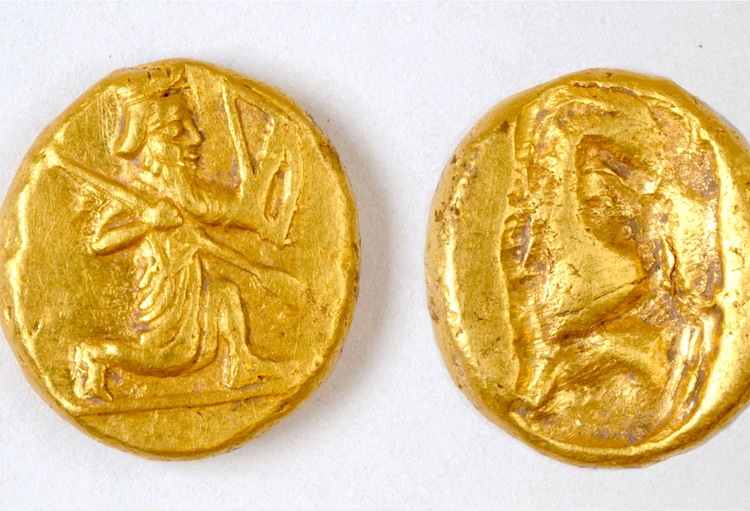
Photo: Notion Archaeological Project / University of Michigan
In modern-day Turkey, a team of researchers from the Notion Archeological Project has made a discovery that seems straight out of a legend: a collection of gold coins, over 2,000 years old, stashed in a small pot.
The research team, led by Christopher Ratté, an archeologist at the University of Michigan, has been conducting excavations in Notion since 2022. These coins were found beneath the courtyard of a Hellenistic house in Notion, or Notium, an ancient Greek city and archaeological site.
The precious coins are molded with the symbol of a kneeling archer, indicating they are Persian darics from the fifth century BCE. Darics were minted from the late sixth century until 330 BCE, when the Persian empire was conquered by Alexander the Great.
Not only were these coins used as currency but they were also likely intended as payment for mercenaries. Scientists contextualize this with past military activity and regional conflicts that occurred in Notion.
The discovery of the coins is significant to archeologists because most hoards of timeless precious metals are often found by plunderers before researchers have the chance to examine and record them.
“An archaeological find without contextual information is like a person suffering from amnesia—a person without memories,” Ratté explained to University of Michigan News. “It is still interesting and important, but the loss of knowledge is incalculable. In the case of this hoard, we know precisely where it was found, and we have a great deal of circumstantial evidence for when it was deposited, probably in the late fifth century BCE.”
While they all have the same emblem, researchers are currently working to distinguish the different coin styles to put them in chronological order. The artifact's age was determined by analyzing other artifacts found around it.
“This hoard will provide a firm date that can serve as an anchor to help fix the chronology of the (entire sequence of coins),” Ratté noted.
Although the coins were discovered last year, the Turkish Ministry of Culture and Tourism has only recently permitted the disclosure of the findings.
By continuing to examine these coins, researchers may not uncover the exact reason why they were buried, but they could potentially enhance our understanding of ancient economic systems and the Persian Empire. Each discovery of artifacts from the past allows archeologists to further enrich our historical knowledge, one piece at a time.
In modern-day Turkey, a research team uncovered a hoard of over 2,000-year-old gold coins near a Hellenistic house in Notion, an ancient Greek city.
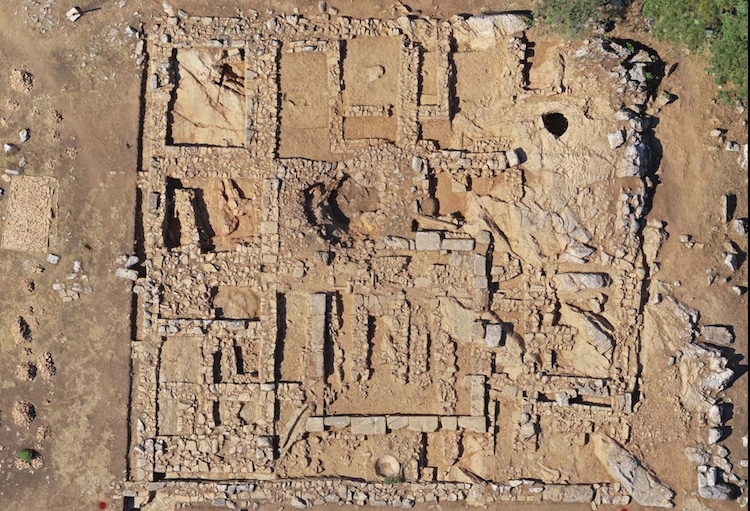
Photo: Notion Archaeological Project / University of Michigan
The precious coins are molded with the symbol of a kneeling archer, indicating they are Persian darics minted from the late sixth century BCE until 330 BCE, when the Persian Empire was conquered by Alexander the Great.
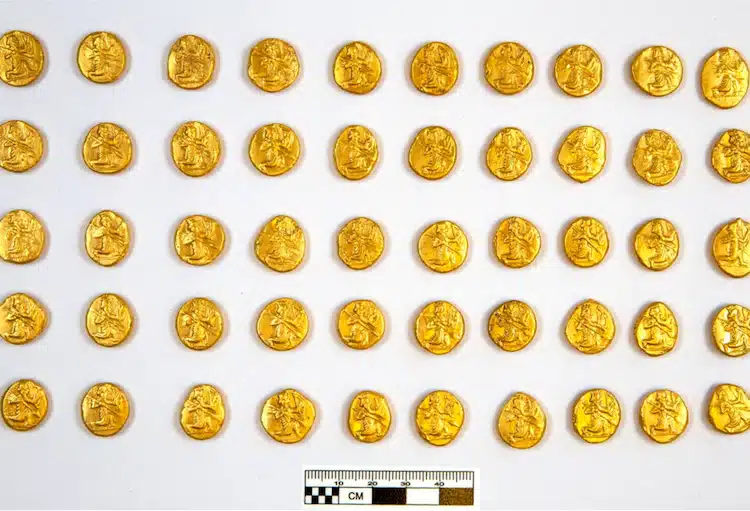
Photo: Notion Archaeological Project / University of Michigan
These coins, likely intended as payment for mercenaries, are significant because most hoards of darics are found by looters before scientists can investigate them.
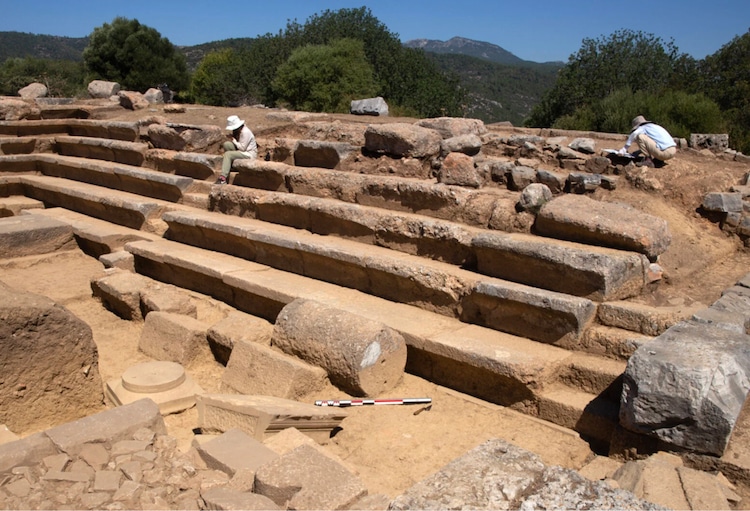
Photo: Notion Archaeological Project / University of Michigan
Notion Archaeological Project: Website
h/t: [University of Michigan News]
All images via Notion Archaeological Project.
Related Articles:
1,300-Year-Old Heartfelt Letter Between Family Members Found in Iranian Cave
10 Facts About the Parthenon, the Icon of Ancient Greece
Missing Head of Ancient Greek Statue Unearthed After 2,100 Years











































































